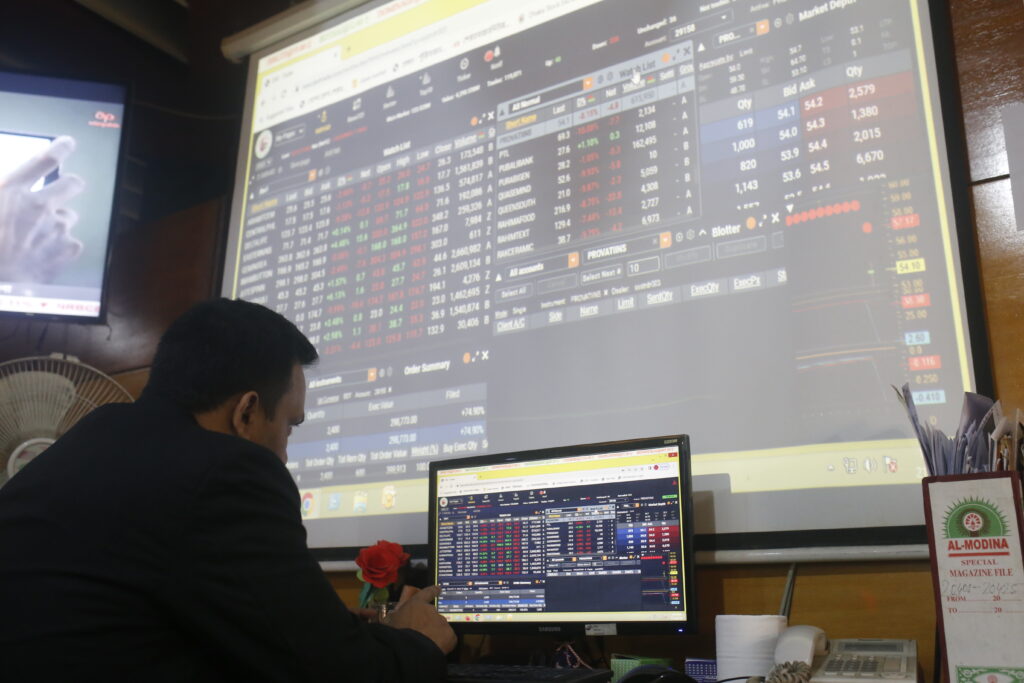by DEBASHISH SARKER

Bangladesh faces significant challenges in the realm of digital financial crimes as it seeks to build a smart economy for future development. Criminals exploit avenues like illegal e-commerce sites, targeting vulnerable groups through tactics such as multi-level marketing and social media manipulation. The lack of stringent consequences for perpetrators perpetuates these crimes. Victims, often young students, suffer not only financial losses but also mental health issues. To counter this, a comprehensive approach is needed, emphasising the importance of financial literacy, government intervention and inclusive education to safeguard against digital financial scams and foster a secure economic environment.
Bangladesh hopes to build a smart economy which will allow it to become a developed and prosperous country by 2041. While digitalisation has a lot to offer, there are certain areas such as digital financial crime, cyberattacks and data breaches that seriously concern the government.
Criminals are conducting financial crimes through illegal e-commerce sites. Financial schemes that rely on multi-level marketing tactics, and e-commerce sites operated by financial criminals, affect millions of people and have led to millions of dollars in losses.
Multiple digital financial scammers operate in Bangladesh and rely on apps to interact with targets. Cybercriminals also take advantage of young people and their presence on social media platforms and messaging apps such as Facebook, YouTube and WhatsApp, as well as mobile financial services to extract assets from victims.
Scammers convince victims to reveal their national identification numbers in exchange for future financial returns. They also organise engagement programs in luxurious hotels to build trust so that customers are convinced to invest their money. The scammers base their operations from multiple offices around Bangladesh to do this illegal business.
Recent trends show that scammers in Bangladesh target mainly high school and college students with relatively low financial literacy and who want to get rich quickly. But highly educated people are not immune to being victims of scammers and may just as easily sell their assets to invest in these illegal platforms. Recent evidence of public data breaches suggests the frequency of such crimes many only increase.
People who commit these crimes are not punished substantially, meaning scammers are committing financial crimes repeatedly with little fear of the consequences.
Cybercrimes are also becoming more sophisticated. Some victims, for example, see what appears to be high returns on their investment in whatever app the scammers instructed them to use, convincing them to invest more. But after a certain time, the financial scammers deactivate the app and take all the victims’ money.
It has appeared in the news that victims do not want to report their experiences due to stigma around their poor investment decisions that could potentially damage their social status. The presence of a strong regulatory system, ethical practices and implementation of legal actions might address these issues.
There are a number of reasons why people may fall victim to scams. One is a lack of awareness about digital financial crime, or about investing in general. Though such activity is often reported in national and local newspapers, the majority of people in Bangladesh are unaware that cybercriminals exist. There is also a clear lack of verifiable data regarding companies or at least a lack of awareness of how to obtain such data to verify financial scammers before engaging them.
These financial crimes have a severe impact on victims’ lives beyond just financial losses. Many victims experienced serious mental health problems afterwards, and some even committed suicide. People who have been scammed might lose trust in digital finance altogether. If these scams continue, people might be reluctant to use any banking app or similar platform. This might obstruct the government’s commitment to building a ‘Smart Bangladesh’.
East Asia Forum for more
